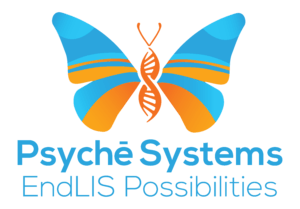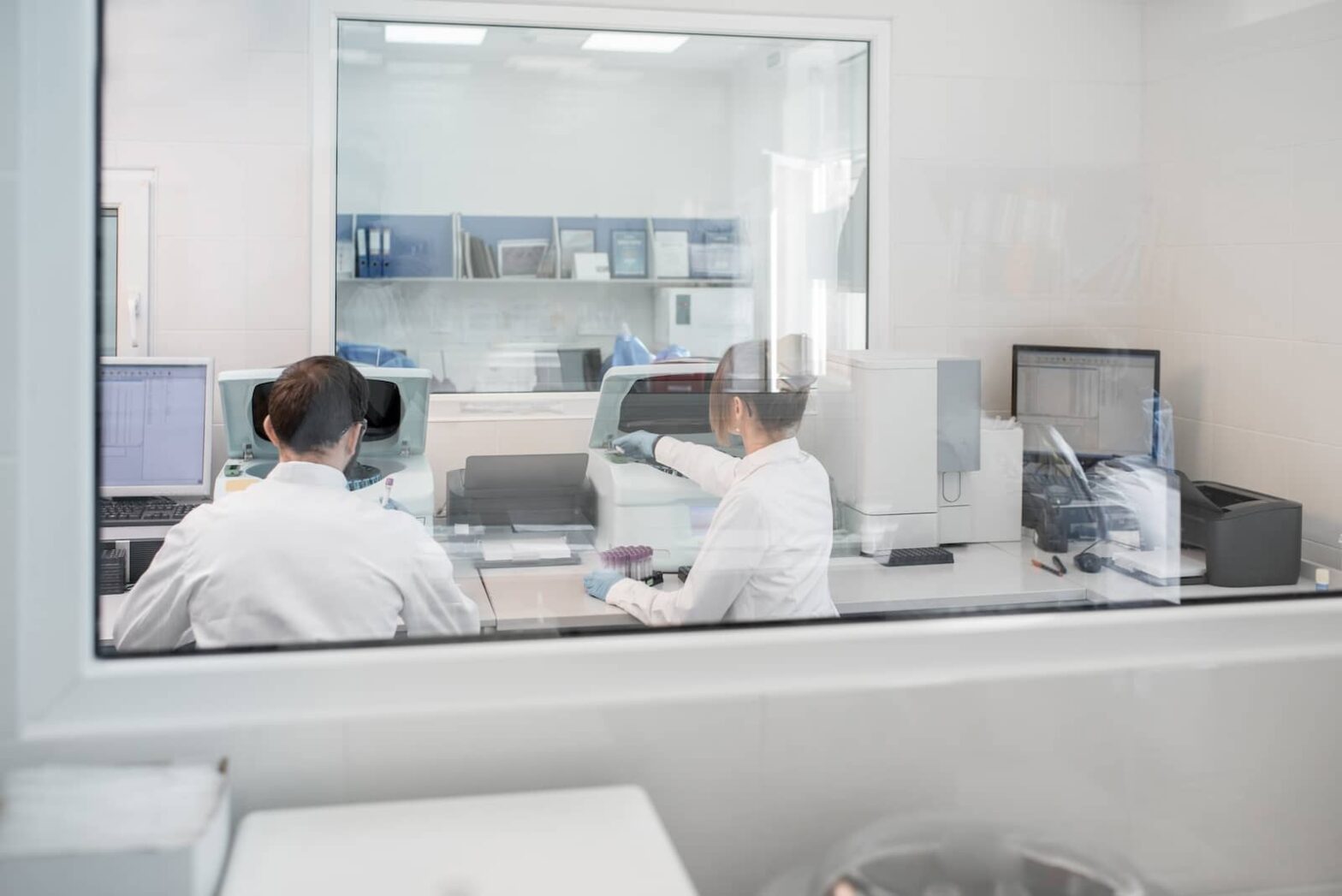The landscape of specialty laboratories is rapidly transforming, driven by a projected compound annual growth rate (CAGR) of 8.13% from 2024 to 2032. As healthcare priorities shift to a focus on early detection, specialized diagnostics, and continuous monitoring, labs should leverage technology like artificial intelligence, laboratory information systems (LIS), and digital pathology lab software to improve efficiency, reduce turnaround times, and increase accessibility.
The ever-evolving healthcare landscape requires labs to stay current on new technologies, testing options, integrated workflows, and improved accessibility. Labs need LIS solutions that incorporate pathology lab software to meet industry challenges. They need technology rooted in flexible infrastructure that can scale for growth, pivot to meet regulatory requirements, and address new technology and testing options while still maintaining cost-effective operations.
Why is Flexibility Essential in Specialty Labs?
Flexibility allows specialty laboratories to adapt to evolving research needs, changing regulations, and new technologies. It ensures labs can hit their benchmarks, maintain compliance, and remain productive.
Changing Research Needs
Specialty laboratories may want to implement cutting-edge testing methods with new protocols to improve result accuracy. This shift in focus may require lab reconfiguration, equipment changes, and adjustments to existing workflows. A flexible architecture helps labs adapt without suffering costly upgrades or scheduling delays.
Evolving Regulations
Regulatory requirements change often, which can affect workflow and compliance reporting. Flexible LIS designs allow labs to update their workflows and adjust to these changing regulatory guidelines, ensuring they remain compliant. Modular architecture means that specific services can be changed without disrupting the entire system, resulting in faster deployments.
Emerging Technologies
Truly flexible architectures are built to expect future technology needs. Features such as integration hooks help facilitate seamless integration with other equipment, software, or data stores. Focusing on flexibility ensures fluid movement of information directly into patients’ electronic health records (EHRs) for improved patient care.
Incorporating flexibility into LIS design equips laboratories to handle unforeseen circumstances, adapt to future growth, and remain competitive.
Key Feature of Flexible LIS Architecture
A flexible LIS architecture, such as PsycheSystem’s WindoPath, enables anatomic pathology specialty labs to manage growing test volumes and comply with changing regulatory standards by offering the following benefits:
Scalability
Scalable LIS solutions often leverage cloud-based architectures to ensure their software grows to meet demand. Combined with microservices, cloud-based LIS can add features to existing platforms without creating bottlenecks.
Workflow Customization
While some workflows are ubiquitous, every laboratory arranges its operational workflows differently. Labs should tailor their workflows, procedures, and reports to their needs. This might include automating some tasks, managing sample tracking differently, and specific integrations with outside equipment or agencies. The ability to create customized workflows is a critical benefit of pathology lab software, allowing labs to accommodate multiple testing protocols and regulatory changes.
Integration Capabilities
Data sharing is an essential part of lab operations. Whether this means uploading data to an electronic health record (EHR) or calibrating an analytical instrument, information needs to flow seamlessly from system to system. Without effective integration capabilities, data may need to be entered manually, leading to increased errors and slower workflows. With interoperability, laboratories can communicate seamlessly with the healthcare ecosystem, creating cohesive patient care experiences.
Data Management and Security
Securing patient data is critical for any healthcare organization. Pathology lab software can track samples, record test results, and maintain metadata for robust data management. Access controls and user authentication should operate on a zero-trust model to minimize the risk of unauthorized access.
Automation
Automating the repetitive tasks that burden all specialty labs will reduce human error and improve productivity. Flexible LIS solutions that track quality control data and instrumentation calibration results free up employees to work on high-value tasks. By tracking key performance metrics, laboratories can ensure they are meeting their goals for accurate, reliable, and timely results.
Benefits of a Flexible LIS
Flexible LIS solutions have an agility that allows them to pivot to address any shifts in the market. They can improve efficiency, increase productivity, encourage accessibility, and ensure secure data management.
Enhanced Efficiency and Productivity
LIS solutions automate common laboratory tasks, such as sample tracking, result analysis, and report generation, so staff can focus on more complex tasks. LIS automation reduces delays in processing samples and reporting results for faster response times. These solutions will improve productivity by reducing the errors common to manual processes.
Improved Accessibility
LIS solutions centralize laboratory data while only making it available to authorized users. Those involved in a patient’s care can view results in real-time and collaborate with peers for faster problem-solving and improved outcomes. Information can be shared securely across systems to promote more comprehensive treatment.
Secure Data Management
LIS solutions ensure data integrity through data validation, sample tracking, and data management. These systems protect sensitive patient data by controlling access and user authentication and can provide the type of data needed for business intelligence and analysis, allowing labs to gain powerful insights into their operations.
What to Consider When Selecting a Flexible LIS
When looking for a flexible LIS solution, laboratories should also consider:
- Vendor Support: No matter how user-friendly the LIS, questions will always arise. Be sure the LIS vendor you choose will be there when you need support.
- Updates: LIS solutions require continuous updates to maintain regulatory compliance. Be sure to check on how your software manages updates.
- Learning Curve: How long does it take for new users to get up to speed on the software? A steep learning curve can slow operations and impact productivity.
Pysche Systems’ solutions address the unique needs of specialty labs, especially those in molecular diagnostics, genetics, gastroenterology, and dermatology. Contact Pysche Systems to discuss your laboratory information needs.

